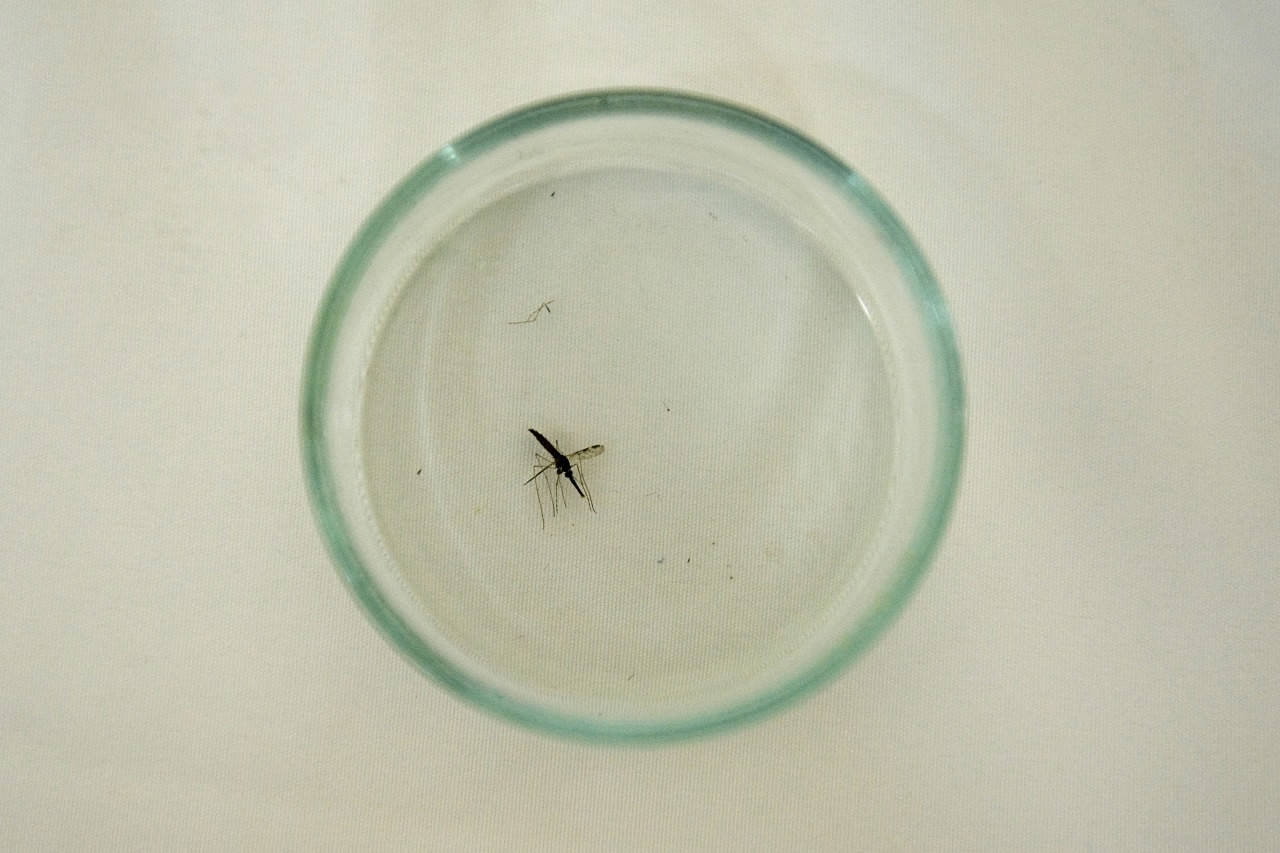
Health
18:37, 06-Sep-2017
Malaria death in Italy leads to mystery

The death of a four-year-old girl in Italy due to malaria has triggered panic. The disease was eradicated in the country nearly 50 years ago.
Italy’s health ministry on Tuesday said it is sending experts to investigate the death of Sofia Zago, who died in hospital in the northern city of Brescia overnight between Sunday and Monday.
The victim had not visited any countries where malaria is common, the ministry said in a statement.

Malaria cannot be transmitted from person to person, but is commonly spread when people are bitten by a female Anopheles mosquito. /AFP Photo
Malaria cannot be transmitted from person to person, but is commonly spread when people are bitten by a female Anopheles mosquito. /AFP Photo
Luigi Gradoni, an infectious disease researcher at the state health institute, said that investigation would clear the mystery behind the death.
“For now the case is unclear because we cannot explain how she contracted malaria,” Gradoni said in a television interview. “But people should not be alarmed because it cannot be transmitted in Italy. The investigation will clarify what the mechanism for transmission could have been.”
Malaria cannot be transmitted from person to person, but is commonly spread when people are bitten by a female Anopheles mosquito, which have been mostly eradicated in Italy.
However, disease-carrying mosquitoes can arrive by plane in people’s suitcases, Gradoni said.
As a precaution, the hospital ward where the girl died will be fumigated, Italian media reported.
One possible explanation is that Zago who suffered from diabetes, had somehow contracted the disease during a previous hospital stay from two girls who were recovering in a separate room from malaria. They had contracted the disease in Africa, local media reported, and subsequently recovered.
Paolo Grimoldi, a member of parliament with the anti-immigrant Northern League party, blamed the arrival of hundreds of thousands of African migrants in recent years, who he said were bringing to Italy diseases that had been eliminated.
But Gradoni said migrants cannot bring malaria to Italy. “Even if they arrive here with it, it cannot be spread,” he said.
Malaria used to be widespread in Italy and the name derives from the Italian “mal aria” or “bad air”. Eradication campaigns pegged back the disease through the 20th century and the World Health Organization declared Italy free of malaria in 1970.
Subsequent cases of malaria recorded in Italy were contracted abroad.
Source(s): Reuters

SITEMAP
Copyright © 2018 CGTN. Beijing ICP prepared NO.16065310-3
Copyright © 2018 CGTN. Beijing ICP prepared NO.16065310-3